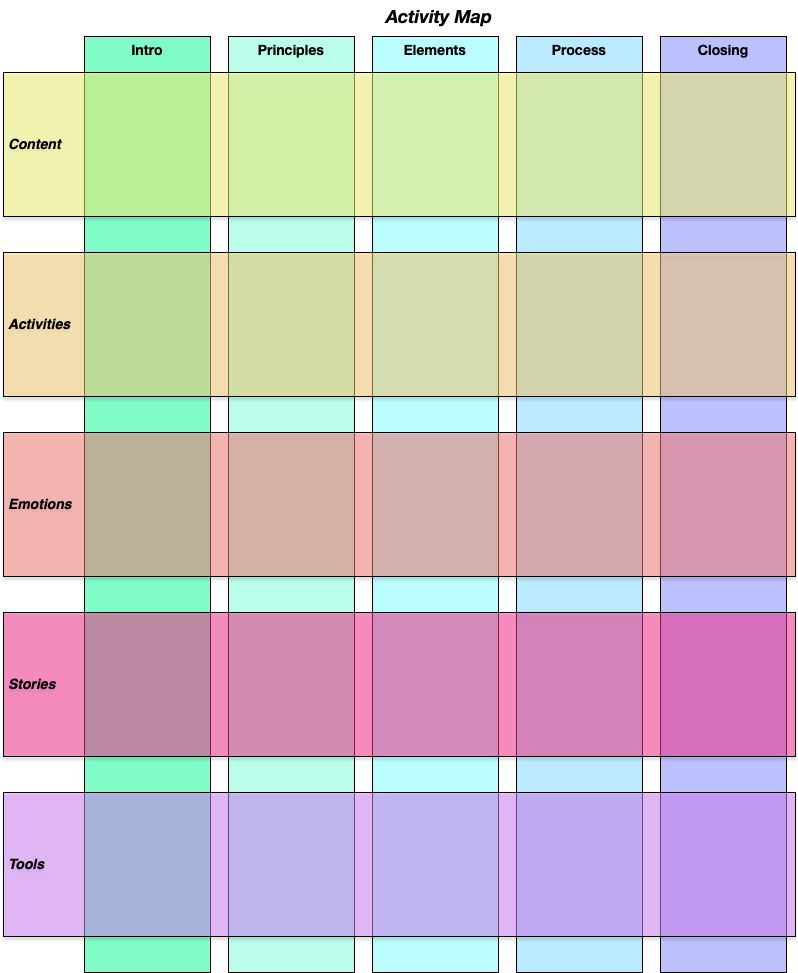I was having a conversation with a colleague, sparked by dropping enrollments in unis. Not surprisingly, we ended up talking about flaws in higher education. He suggested that they don’t get it, and I agreed. He was thinking that they get the tech, but not the learning. I think it’s more complex. There are those that get some parts of the learning right. Just not enough, and not all of it right. Thinking further, post-convo, it occurs to me that there is a layer beneath the surface that matters. So I want to consider what is wrong with higher education.
And, let’s be clear, I’m not talking about the problems with tuition and administration. Yes, tuition’s risen faster than the cost of living. And yes, there’s little commercial pressure to keep universities free from the persistent creep of increasing administration. I saw an interesting article talking about how universities without a solid financial foundation, and ones without a good value proposition, will perish. It’s the latter I’m talking about.
I previously mentioned the three pillars I think create a valid learning offer:
- a killer learning experience,
- being a partner in your success
- and developing you as an individual.
I suggest that all three are doable, but it occurred to me that there’s a bit more to unpack.
The ‘being a partner in your success’ bit is most frequently seen. Here, it’s about looking for signs of trouble and being proactive about reaching out and assisting. It’s not ‘sink or swim’, but recognizing there can be troubles and helping learners cope. The Predictive Analytics work that Ellen Wagner did is the type of opportunity we have here.
The ‘developing you as an individual’ is really building your more general skills: communicating, working with others, a positive attitude, knowing how to search, etc. And, of course, knowing how to continue to learn. Given the rate of change, most of what you learn as the core of a degree may well be out of date in short order! But you can’t address these skills on their own, they’re specifically about how you do domain things. And that’s a layer I’ve yet to see.
And the ‘killer learning experience’ is a second area where I think folks still aren’t doing well. My short (and admittedly cheeky) statement about education is that they’re wrong on two things, the curriculum and pedagogy, other than that they’re fine. Most universities aren’t doing a good job of curriculum, focusing on knowledge instead of skills. And some are moving in a good direction. Startups are addressing this area as well.
The other problem is the pedagogy. There’re two elements here: the learning design, and engagement. Too often, it’s still the ‘information dump and knowledge test’. But even when that’s right, making it truly meaningful for the learners is sadly neglected. Even professors who care often forget to put the ‘why’ into the syllabus.
In short, what is wrong with higher education is the ability to successfully execute on all these points. (It’s true for other education, too, but…) I’ve seen efforts that address one, or two (and plenty that get none right). However, as of yet, I have not seen anyone doing it the way it could be done. It’s doable, but not without some serious attention to not only the elements, but their successful integration. And it’s important enough that we should be doing it. At least, that’s what I think. So, what do you think?
